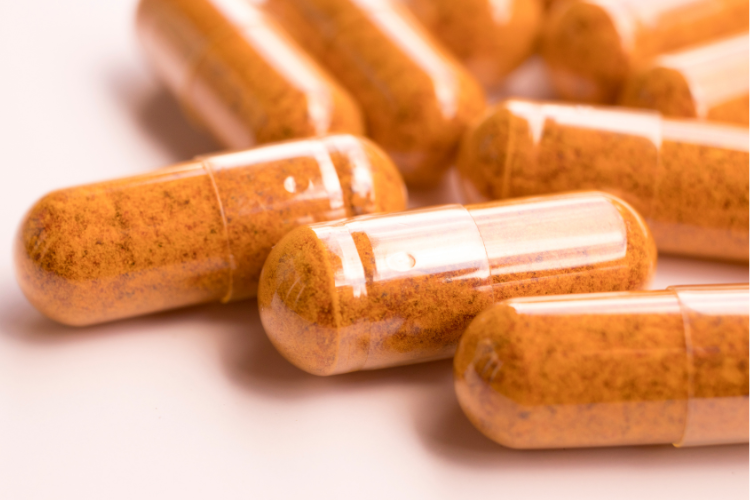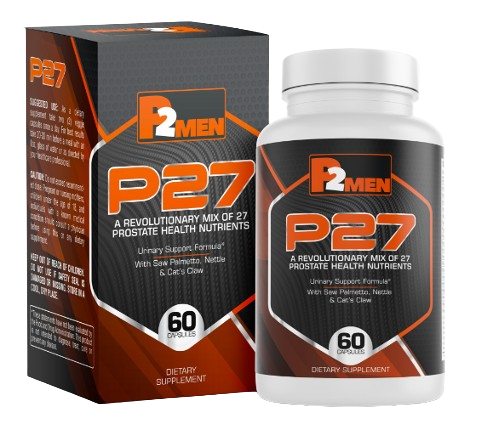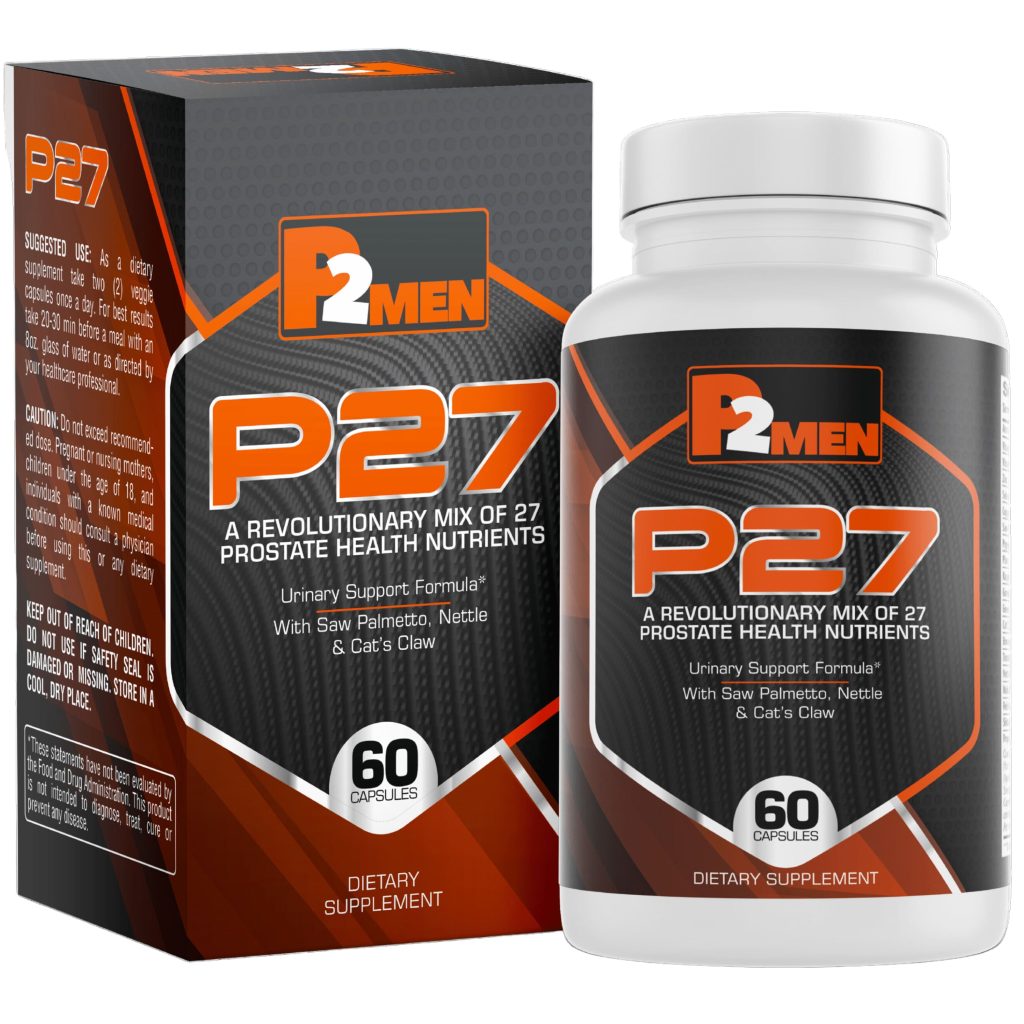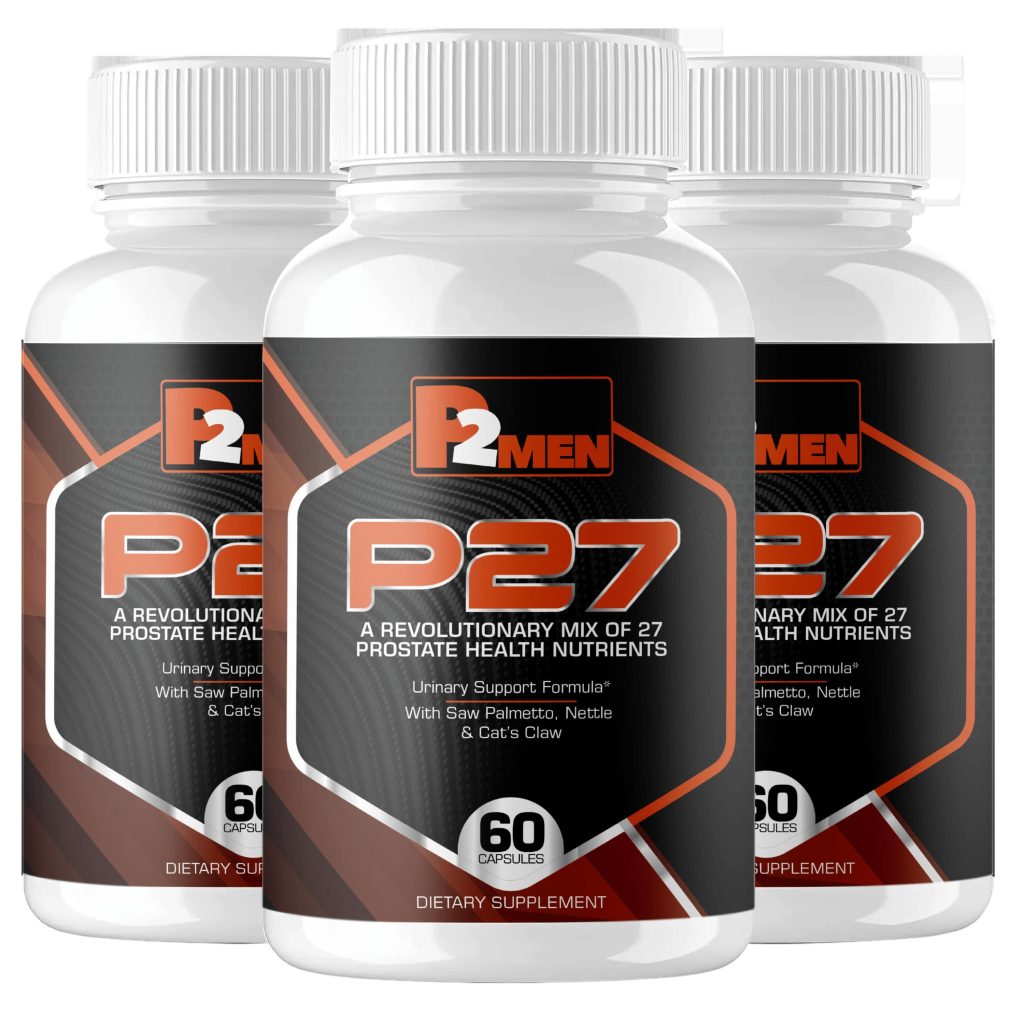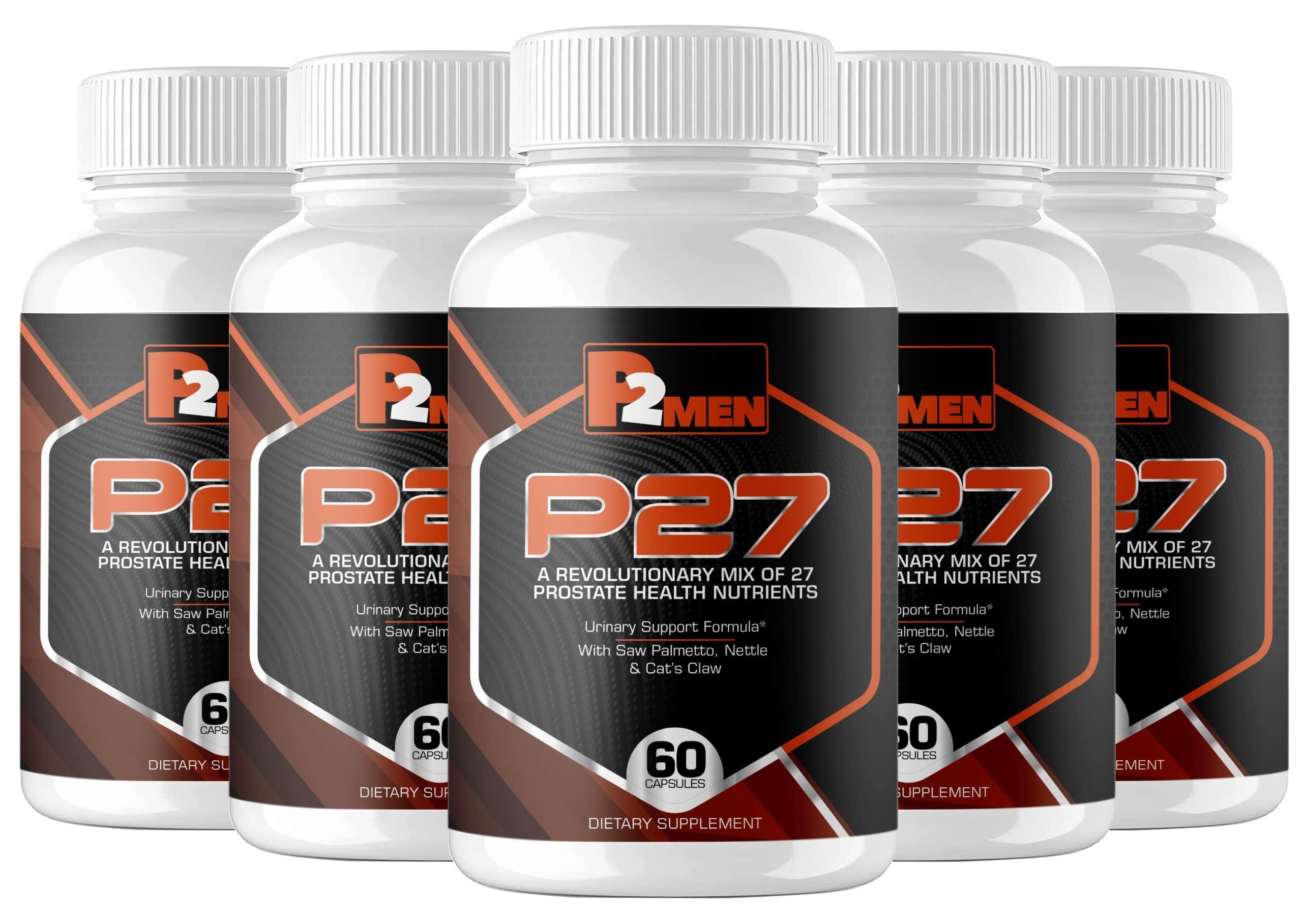Table of Contents
ToggleMaintaining prostate health is a major issue for men around the globe, especially as they get older.
When looking to maintain or improve your prostates’ well-being, you are confronted with an extensive range of dietary supplements aimed at supporting this goal.
But just how successful can these products be in promoting proper prostate care and should you consider incorporating them into your lifestyle?
This blog post serves as a guide that casts light on all aspects of supplementing for better support of the prostrate – its potential advantages and drawbacks included – while providing insight into integrating such plans within one’s larger strategy concerning maintaining healthy prostate function long-term.
Key Takeaways
- Explore common ingredients and understand how they work to support prostate health.
- Consider the potential risks & benefits of using supplements, and seek advice from healthcare professionals.
- Lifestyle factors such as diet, exercise & weight maintenance are essential for prostate health. Alternative medicine practices can also be explored.
Exploring Prostate Health Supplements
When it comes to prostate health, looking into common ingredients in supplements is a must. These usually include saw palmetto, beta-sitosterol, flower pollen extracts, pygeum root extract, pumpkin seed oil, and various vitamins/minerals, all of which are created to support good prostate health. But how exactly do these work?
Saw palmetto has been said to aid those facing benign prostatic hyperplasia (BPH) by reducing frequent urination while potentially decreasing the size of an enlarged prostate as well.
Some studies show pygeum – also known for its anti-inflammatory properties – may improve symptoms related to chronic prostatitis and sexual performance too!
As far as flower pollen extracts go, they can help reduce symptom scores associated with this same condition without major reported side effects either!
However, evidence about nutrients such as selenium or lycopene isn’t 100% clear-cut. Although some might suggest taking higher amounts could lessen risks linked to cancer more research needs to be conducted on their role for sure.

Navigating the Risks and Benefits of Prostate Supplements
Achieving and preserving good prostate health involves much more than just taking supplements.
According to the National Cancer Institute, having a healthy lifestyle with balanced nutrition, exercising regularly, and keeping weight in check can go a long way towards helping support this area of your well-being as well as reduce risk factors that may be associated with it.
For instance, for cancer prevention purposes, an American Cancer Society-approved Mediterranean diet full of plant products and high-fiber grains is recommended by medical professionals.
Physical activity can help keep benign prostatic hyperplasia (BPH) at bay while providing relief from symptoms like pain related to enlarged prostates or anxiety/depression due to other potential prostate issues.
Essentially maintaining proper nutritional intake along with consistent exercise are keystones that must not be overlooked when aiming for sound overall prostate health according to the suggestions outlined by the National Cancer Institute.
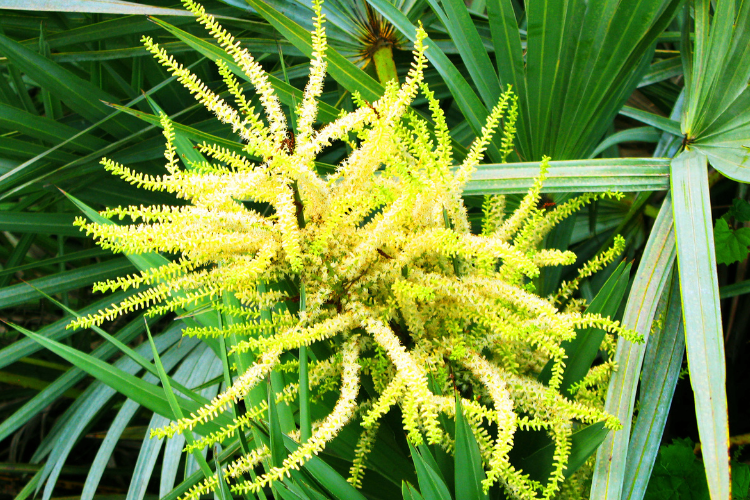
Alternative Medicine and Prostate Support
When it comes to supporting prostate health, one should also consider the possibilities of alternative medicine.
This includes multivitamins, omega-3 fatty acids, saw palmetto extract from African plums (pygeum), pomegranate juice, and dietary changes that have been associated with a reduced risk of developing prostate cancer in some cases.
Acupuncture has demonstrated efficacy for relieving prostatitis symptoms as well as pain relief related to urinary problems often linked to several kinds of prostate issues.
Its impact on inhibiting growth might even go up until resisting certain types of cancer cells too, medical advice before attempting these methods is strongly recommended at all times first.
Herbal remedies such as saw palmetto are known for preventing testosterone conversion into dihydrotestosterone (DHT) while pygeum can be effective in decreasing inflammation levels.
Stinging nettle possesses anti-inflammatory properties by itself and should not forgotten either.
However, it has shown some side effects when mixed with conventional treatments or medications.
It is always safe to check those out ahead when taking any form of prescribed medication.
Addressing Advanced Prostate Cancer Concerns
Prostate cancer is a concerning diagnosis, and prostate supplements alone may not be adequate for treating advanced cases.
A variety of treatments are used to address more developed tumors such as secondary hormone therapy, chemotherapy, immunotherapy vaccines, and checkpoint inhibitor therapies.
Radiation treatment or surgery might be necessary in these instances too.
According to Harvard Health Publishing, a simple approach, like losing excess weight may help slow down prostate illness in some cases.
It’s important to note that this aggressive approach can lead to certain side effects including fatigue, erectile dysfunction along urinary incontinence which could disrupt bowel functions.
So it is critical people know about every available option if they suffer from metastatic prostate cancer because while treatment helps fight the disorder, there may also be an elevated danger involved.
Prostate Supplement Myths Debunked
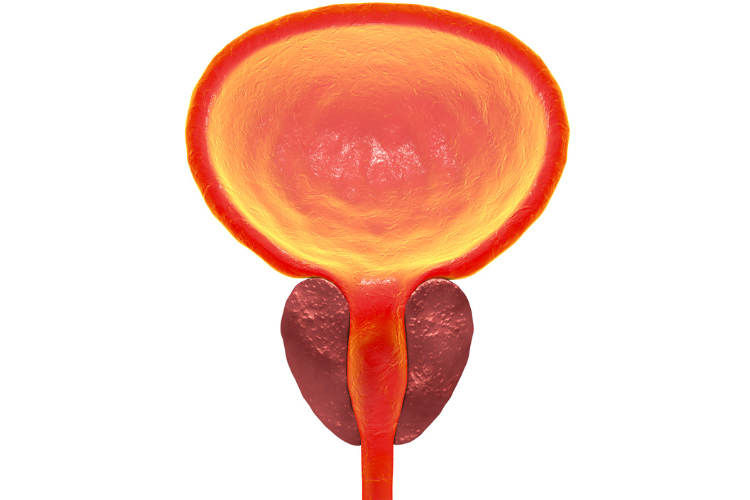
The pervasive amount of data nowadays can lead to popularly accepted but untrue facts, such as those associated with prostate supplements.
It is believed that some substances can prevent and treat cancer of the prostate.
There are not enough studies that show this theory is right or wrong.
The FDA does not officially approve using them nor does it disapprove its use for this purpose due to a lack of evidence from thorough research verifying its claims about curative effects on prostate cancer patients.
Unfortunately, what typically happens instead is an inaccurate promotion regarding their purported benefits by making false promises regarding treatments without backing them up with scientific proof.
Prostate Supplement Shopping Guide
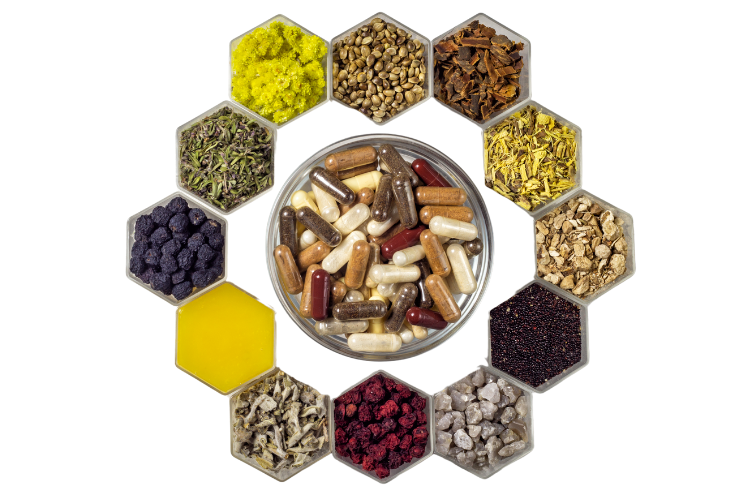
When evaluating prostate supplements, it’s important to take a few key steps.
First off, be sure to choose products from reliable sources.
Carefully read product labels and pick those with active ingredients known for supporting prostate health safety and efficacy.
Third-party certification is also recommended since this ensures the supplement has undergone testing by organizations such as NSF International or USP (United States Pharmacopeia).
Most importantly though, speak with your medical provider about any issues concerning your prostate needs before taking any kind of supplement so that they can guide you through suitable treatment options. These dietary aids do not cure conditions without other therapeutic interventions being taken first.
Click Here to check P27, a revolutionary mix of 27 Prostate Health Nutrients.
Summary
Deciding on the right prostate health supplements can be a complicated process with so many options available.
It’s important to consider any potential risks involved and seek medical advice before taking them.
Apart from that, making lifestyle changes like having healthy eating habits, exercising regularly, and maintaining an ideal weight could help improve overall prostate health and reduce the risk of related problems.
Remember that looking after your prostate is not just a one-time task, but more of a journey that requires knowledge and awareness about evidence-based approaches for maximum benefit.
Frequently Asked Questions
Which prostate supplement is best?
For optimal prostate health support, P27 from P2Men is the ultimate supplement that comprises 27 active ingredients – such as saw palmetto, nettle root extract, tomato juice extract, and Graviola. Each one of these works together to aid men in maintaining a healthy prostate.
Do prostate supplements really work?
When it comes to prostate supplements, the evidence does not back up all claims that these can treat or cure any kind of acute prostate illness. While some purported benefits might be touted by proponents, caution must be taken when taking such assertions into account.
What are some common ingredients in prostate health supplements?
Prostate health supplements often contain saw palmetto, beta-sitosterol, pygeum root extract, and nettle root combined with vitamins and minerals, along with pumpkin seed oil for added prostate health benefits.
What are the potential risks and benefits of prostate supplements?
Though prostate supplements may offer potential advantages, there is a risk of side effects, drug interactions, and undisclosed ingredients included in them. It’s important to be aware of these possible issues before taking any type of supplement related to the prostate.
What lifestyle factors contribute to prostate health?
Having a balanced body weight, eating an adequate diet, and participating in frequent physical activity are all essential components of attaining optimal prostate health. Incorporating these lifestyle habits can help to preserve good well-being for the long term.

